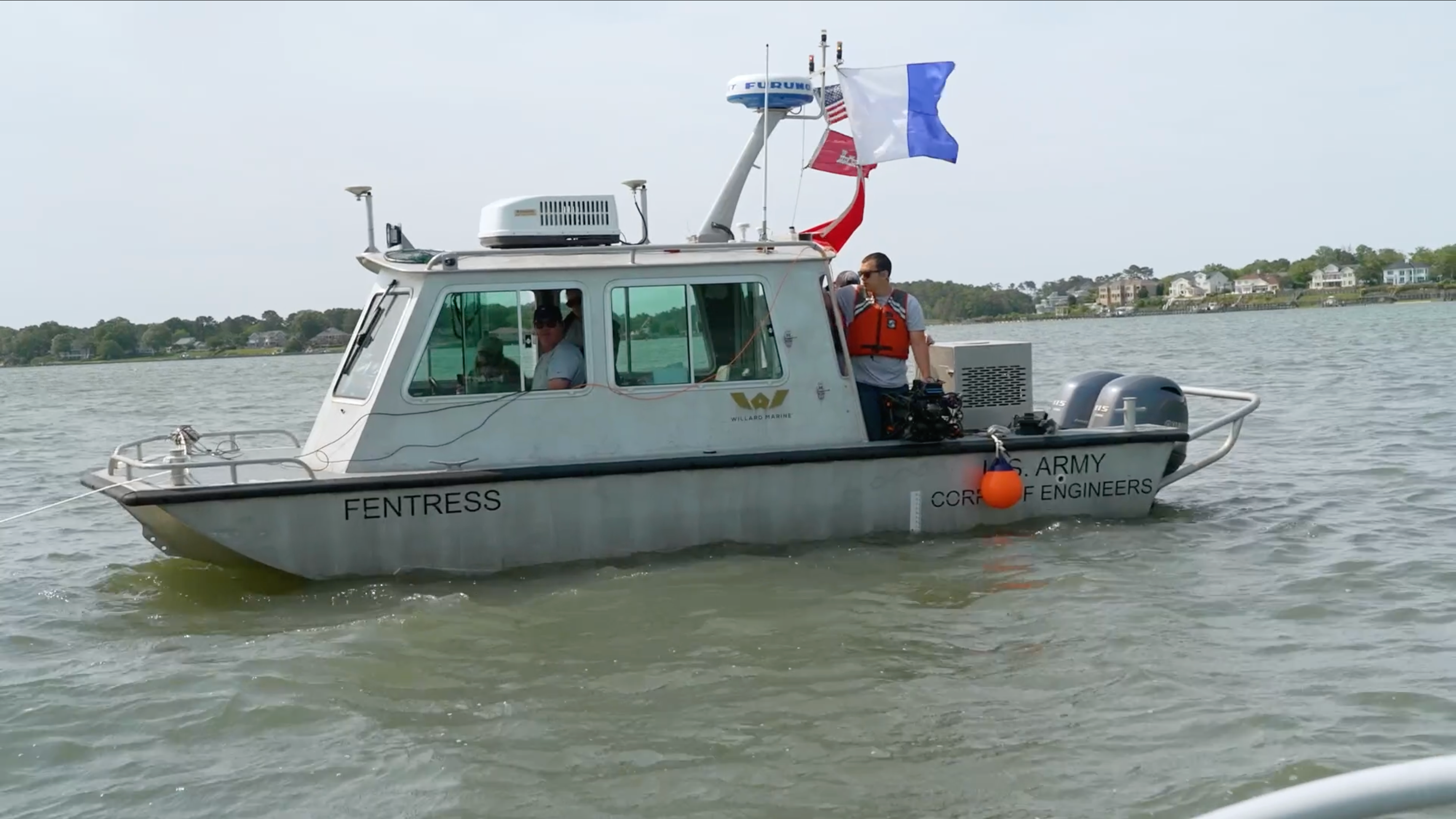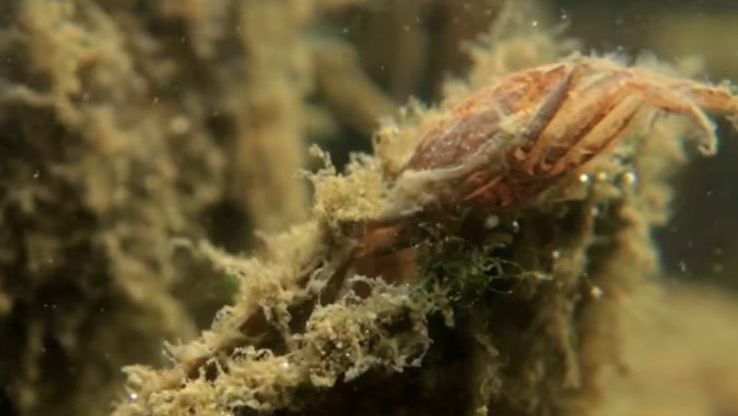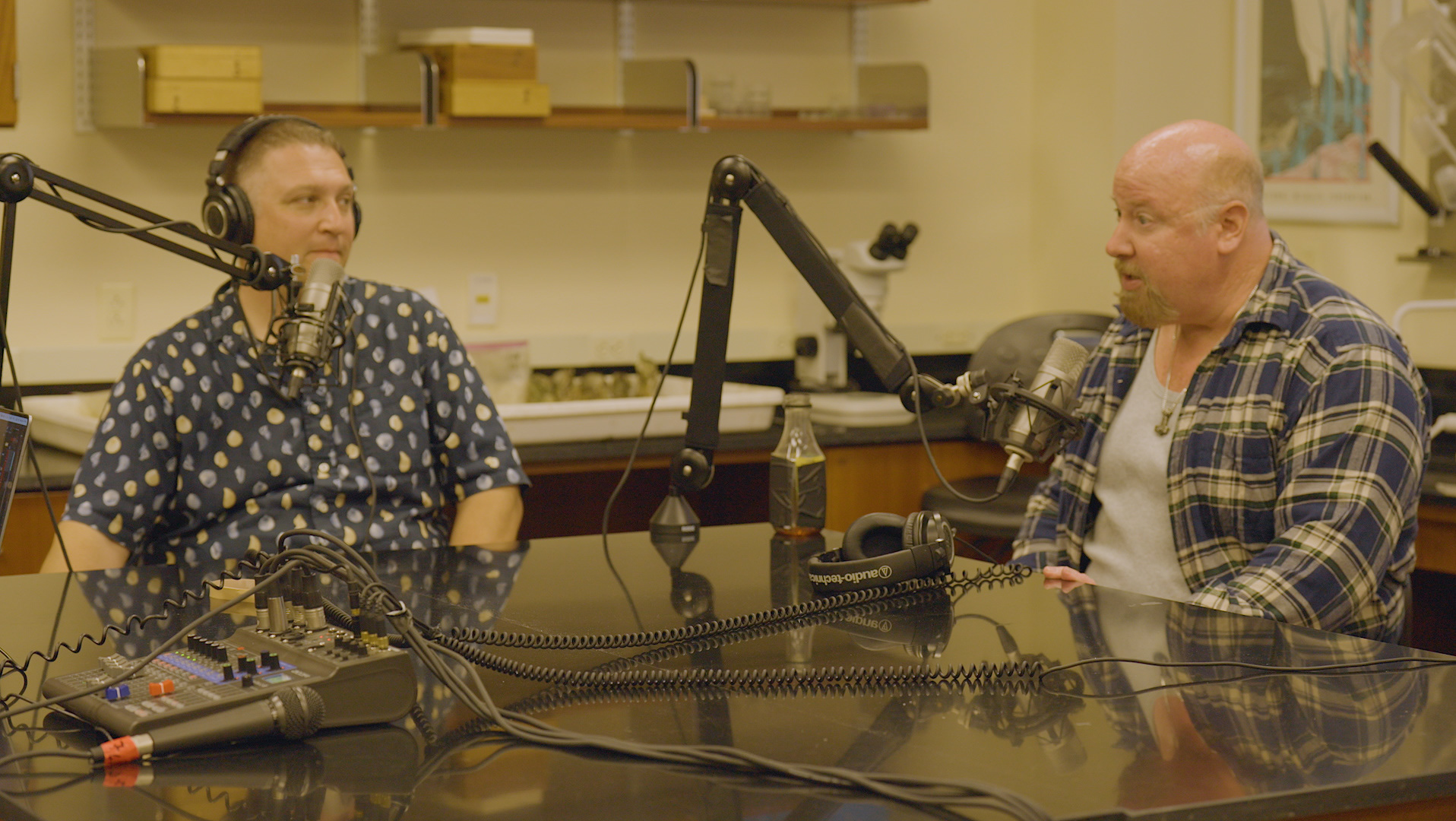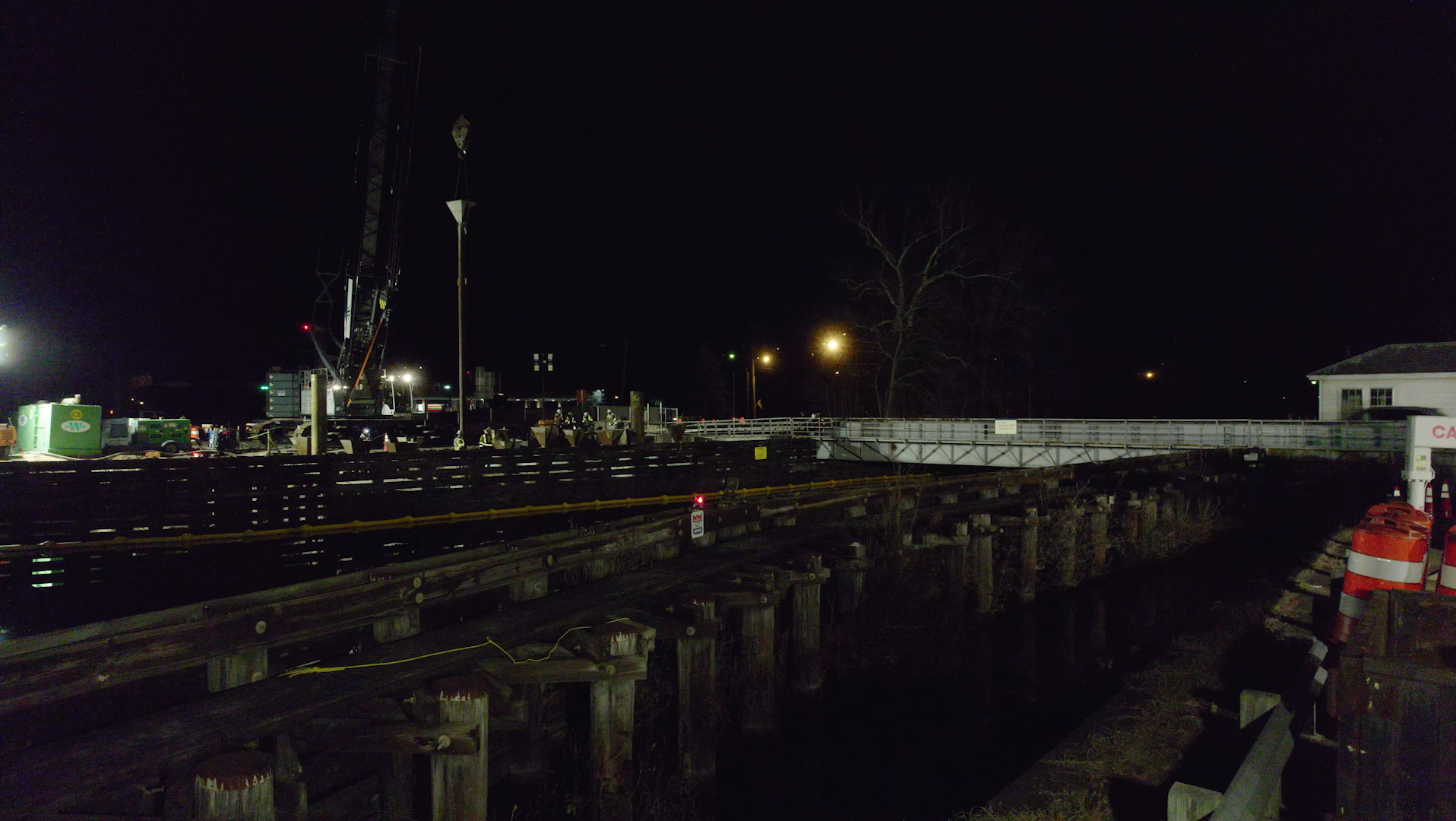Virginia Beach, VA – In a recent episode of the Corps Talk podcast, hosted by James Walker and Maj. Tony Funkhouser, high school student Aubrey Moore shared her inspiring journey into environmental restoration. This discussion serves as a follow-up to the article "Starting Small Proves Effective", highlighting the significant impact of the Lynnhaven River Basin Ecosystem Restoration Project, a collaborative effort between the City of Virginia Beach and the U.S. Army Corps of Engineers (USACE), and how it is shaping the futures of students like Aubrey and her classmates.
A Student's Passion for Restoration
Aubrey Moore, a junior at Princess Anne High School, has been deeply involved in environmental studies through the International Baccalaureate (IB) program and a private-public partnership with the Chesapeake Bay Foundation. Growing up near the Chesapeake Bay and participating in various outdoor activities with her family fostered her love for the environment. Aubrey credits her father, an ecosystem scientist with the Chesapeake Bay Foundation, for inspiring her interest in environmental conservation.
Thanks to the City of Virginia Beach's involvement in the Lynnhaven River Basin Ecosystem Restoration Project, Aubrey and her classmates benefit from the opportunity to apply classroom knowledge to real-world situations. They learn about total maximum daily loads (TMDL) and test water from various locations around the Lynnhaven River to assess the difference in the amount of pollutants. According to the discussion in this episode, Aubrey states that samples with the lowest amount of contaminants were taken from around the wetlands restoration site associated with this project. Her classmates, featured in the article "Starting Small Proves Effective," also engaged in similar projects, highlighting the collective efforts of students to initiate ecological change.
The Impact of Other Types of Ecological Restoration Efforts
The Lynnhaven River Basin Ecosystem Restoration Project aims to restore wetlands, oyster reef habitat, and submerged aquatic vegetation in and around the Lynnhaven River. Oyster reef restoration plays a critical role in improving water quality and supporting marine life in the Chesapeake Bay. According to a study titled "Oyster Reef Habitat Restoration: Relationships Between Oyster Abundance and Community Development" by Dr. Mark W. Luckenbach, a Professor, biologist, and Associate Dean of Research and Advisory Services with the Virginia Institute of Marine Science, and colleagues, restoring oyster populations can significantly enhance the ecological functions of estuarine habitats. The study found that increased oyster abundance positively correlates with higher biodiversity and better habitat conditions.
According to Luckenbach, oysters are essential ecosystem engineers which filter and clean the underwater habitat for other marine species, contributing to the overall health of the bay. However, restoring oyster reefs does not come without challenges. Luckenbach explains that uncertainty is natural reality in restoration efforts due to the complex nature of ecosystems and the varying effectiveness of different management practices.
Collaborative Efforts and Adaptive Management
Dr. Carl Hershner, the Director of the Center for Coastal Resources Management and Professor of Marine Science at the Virginia Institute of Marine Science, discusses the challenges of managing pollutant loads in the Chesapeake Bay. He emphasizes the inherent uncertainty in determining the exact amounts of excess pollutants from various sources and predicting the performance of best management practices. Despite these uncertainties, the need for action is paramount as inaction would lead to further degradation of the ecosystem. Moving forward requires a willingness to act with less than perfect knowledge, constantly striving to reduce the uncertainty by learning and adapting as we go. This adaptive approach is crucial in addressing the dynamic and interconnected challenges of ecosystem restoration.
Inspiring the Next Generation
Aubrey Moore's involvement in environmental restoration projects demonstrates the impact that education and community engagement can have on young people. By participating in hands-on restoration efforts, students like Aubrey and her classmates gain valuable skills and knowledge that prepare them to become future leaders in environmental conservation.
"I want to inspire others to take action and make a difference," says Aubrey. "Even small efforts can lead to significant changes when we all work together."
As the Corps Talk podcast episode concludes, Maj. Funkhouser highlights the importance of community involvement and continuous learning in achieving sustainable environmental restoration. The Lynnhaven River Basin Ecosystem Restoration Project serves as a testament to the power of collaboration and the potential for positive change when individuals and organizations come together to protect and restore our natural resources.
For more information, regarding USACE environmental restoration efforts in the Chesapeake Bay, click HERE.










